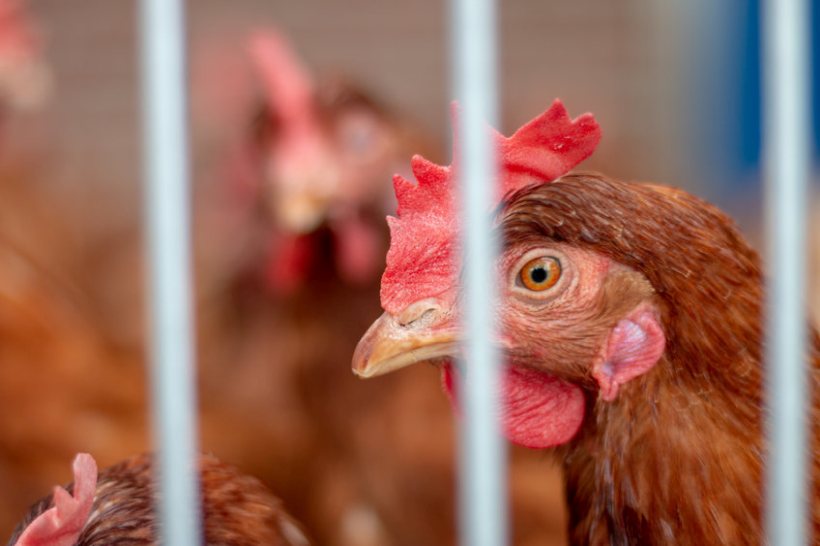
The government has confirmed over 100 cases of highly pathogenic avian influenza in England since the start of the bird flu season, with the latest case detected in East Sussex.
Avian influenza of the H5N1 subtype was confirmed on Wednesday (15 June) in Bexhill-on-Sea, Rother, making it England's 101st case of the virus since October 2021.
The disease was discovered on a poultry farm, and all affected birds will be humanely culled, Defra said in an online update.
A 3km Protection Zone and 10km Surveillance Zone has also been enacted around the farm.
The new case comes after the government eased the UK's mandatory poultry housing order last month.
The strict measure was introduced on 29 November 2021 to help stem the UK's worst ever outbreak of highly pathogenic avian influenza.
As part of the order, it was a legal requirement for all farmers and keepers to keep their birds indoors and to follow strict biosecurity measures.
But in late April, Defra reduced the bird flu risk level for wild birds from 'very high' to 'high' and 'medium' to 'low' for poultry, where good biosecurity is applied.
It is thought the relaxation of the rules was on the basis that migratory birds had left the country to return to their summer breeding grounds.
Higher ambient temperatures also played a role in helping to reduce the level of virus in the environment.
However, Defra said in a statement that bird keepers must continue to take "effective and precautionary biosecurity measures until further notice".
"The Avian Influenza Prevention Zone (AIPZ) remains in force across the UK until further notice, with only the housing measures component being lifted.
"While the risk levels have reduced infection may still be present in the environment," the department said.
In England alone, there has been 101 cases of bird flu since the start of October 2021, while Scotland and Wales have recorded eight and five cases respectively.
Other recent cases include in Ludlow, Shropshire, where the disease was confirmed on 7 June in commercial poultry.
Concerns are also growing over the spread of avian influenza in wild birds, following reports of the disease causing the death of thousands of seabirds in Scotland alone.
Last week, RSPB Scotland said the outbreak had had an 'unprecedented impact' on wild birds, causing the loss of a third of the Solway barnacle geese population.
